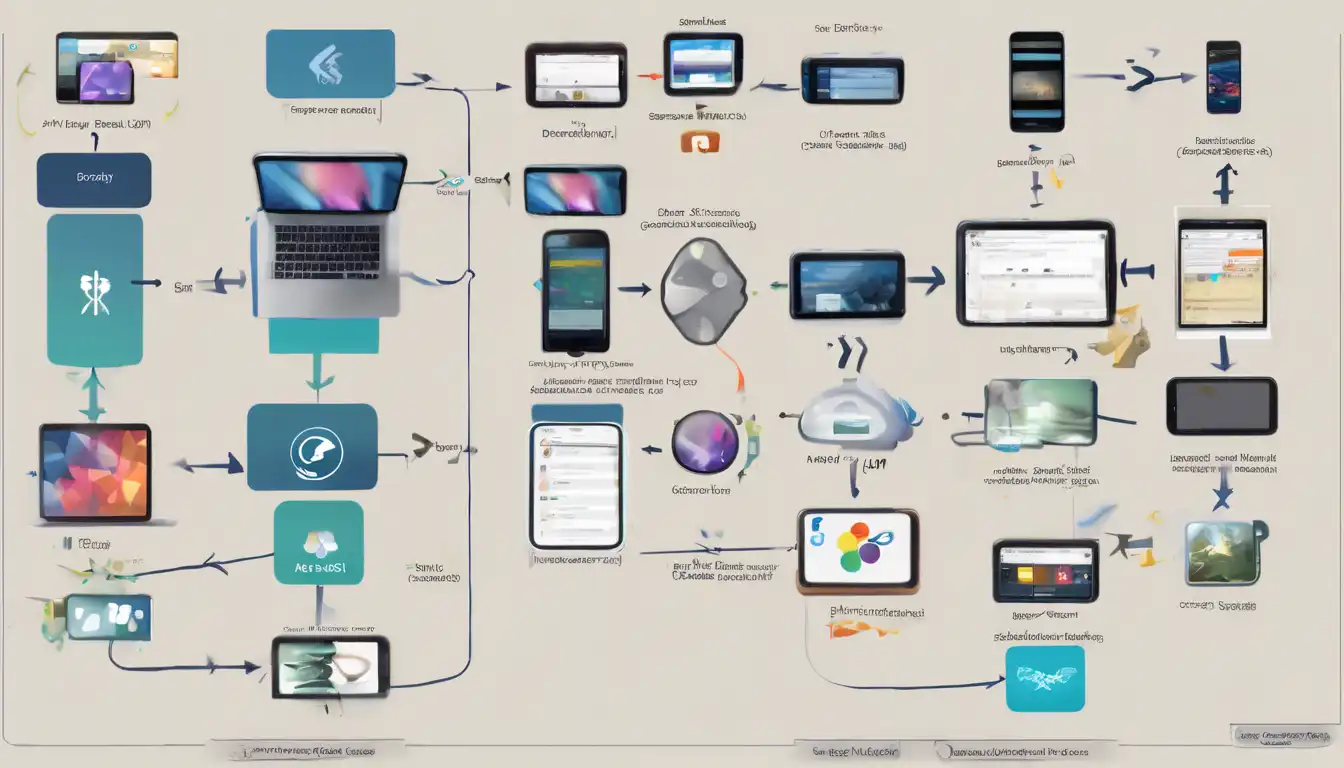Introduction to Cross-Platform Mobile Development
In today's fast-paced digital world, the demand for mobile applications is skyrocketing. Businesses and developers are constantly seeking efficient ways to build apps that run seamlessly across multiple platforms. Cross-platform mobile development tools have emerged as a game-changer, enabling developers to write code once and deploy it across iOS, Android, and other platforms. This article compares the top cross-platform mobile development tools, helping you choose the right one for your project.
Why Choose Cross-Platform Development?
Cross-platform development offers numerous benefits, including reduced development time and costs, a single codebase for multiple platforms, and easier maintenance. With the right tools, developers can create high-quality, native-like apps that provide a great user experience.
Top Cross-Platform Mobile Development Tools
1. Flutter
Developed by Google, Flutter is a popular open-source UI software development kit. It allows developers to build natively compiled applications for mobile, web, and desktop from a single codebase. Flutter is known for its fast performance, expressive and flexible UI, and native-like experience.
2. React Native
Created by Facebook, React Native is another leading framework for building cross-platform mobile apps. It enables developers to use React along with native platform capabilities. React Native is praised for its live reload feature, which speeds up the development process, and its large community support.
3. Xamarin
Xamarin, a Microsoft-owned framework, allows developers to build apps for Android, iOS, and Windows with .NET and C#. It offers near-native performance and access to platform-specific APIs, making it a strong contender in the cross-platform development space.
4. Ionic
Ionic is an open-source framework that focuses on the front-end user experience. It allows developers to build apps using web technologies like HTML, CSS, and JavaScript. Ionic is ideal for developers looking to create interactive and high-performance mobile apps.
Comparing the Tools
When choosing a cross-platform development tool, consider factors such as performance, development speed, community support, and the specific needs of your project. Flutter and React Native are excellent for apps requiring a rich UI and fast performance. Xamarin is suited for enterprises already invested in the Microsoft ecosystem, while Ionic is perfect for web developers venturing into mobile app development.
Conclusion
Cross-platform mobile development tools have revolutionized the way apps are built, offering efficiency and cost-effectiveness. Whether you choose Flutter, React Native, Xamarin, or Ionic depends on your project requirements and expertise. By leveraging these tools, developers can create versatile and high-quality apps that cater to a wide audience.
For more insights on mobile development, check out our latest trends in mobile development.
